Dan Lamothe
The White House rejected a recommendation by senior Pentagon officials to promote an Army general who came under intense scrutiny after the Pentagon’s slow response to the riot at the Capitol, defense officials said, pushing the officer to a near-certain retirement.
Lt. Gen. Walter E. Piatt, the director of the Army staff, was backed to become the four-star general at Army Futures Command by Defense Secretary Lloyd Austin and Army Secretary Christine Wormuth — both of whom were appointed by President Biden — and Gen. James McConville, the Army’s top officer, said two defense officials, speaking on the condition of anonymity due to the sensitivity of the issue. The White House declined to send a nomination for Piatt to the Senate for months, the officials said, effectively killing the possibility.
Piatt has agreed to stay in his present position for several more months at the request of McConville and Wormuth, and “has the full trust and confidence of Army senior leaders to execute the immense responsibility this position requires,” Army spokeswoman Cynthia Smith said. “With almost 40 years of active service, Lt. Gen. Piatt is eligible to retire this year but will remain as Director of the Army Staff until next summer.”

:quality(70)/cloudfront-us-east-1.images.arcpublishing.com/archetype/YCLTWPZBMZHQFPUTJWQKVQDXY4.jpg)
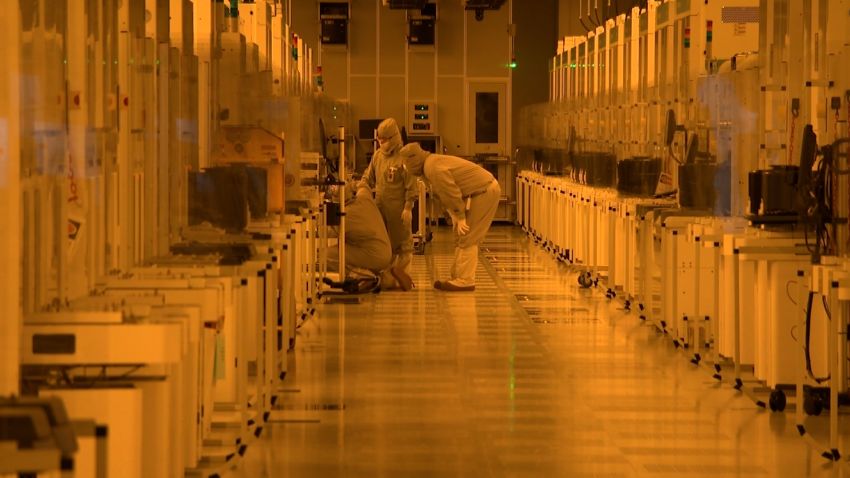
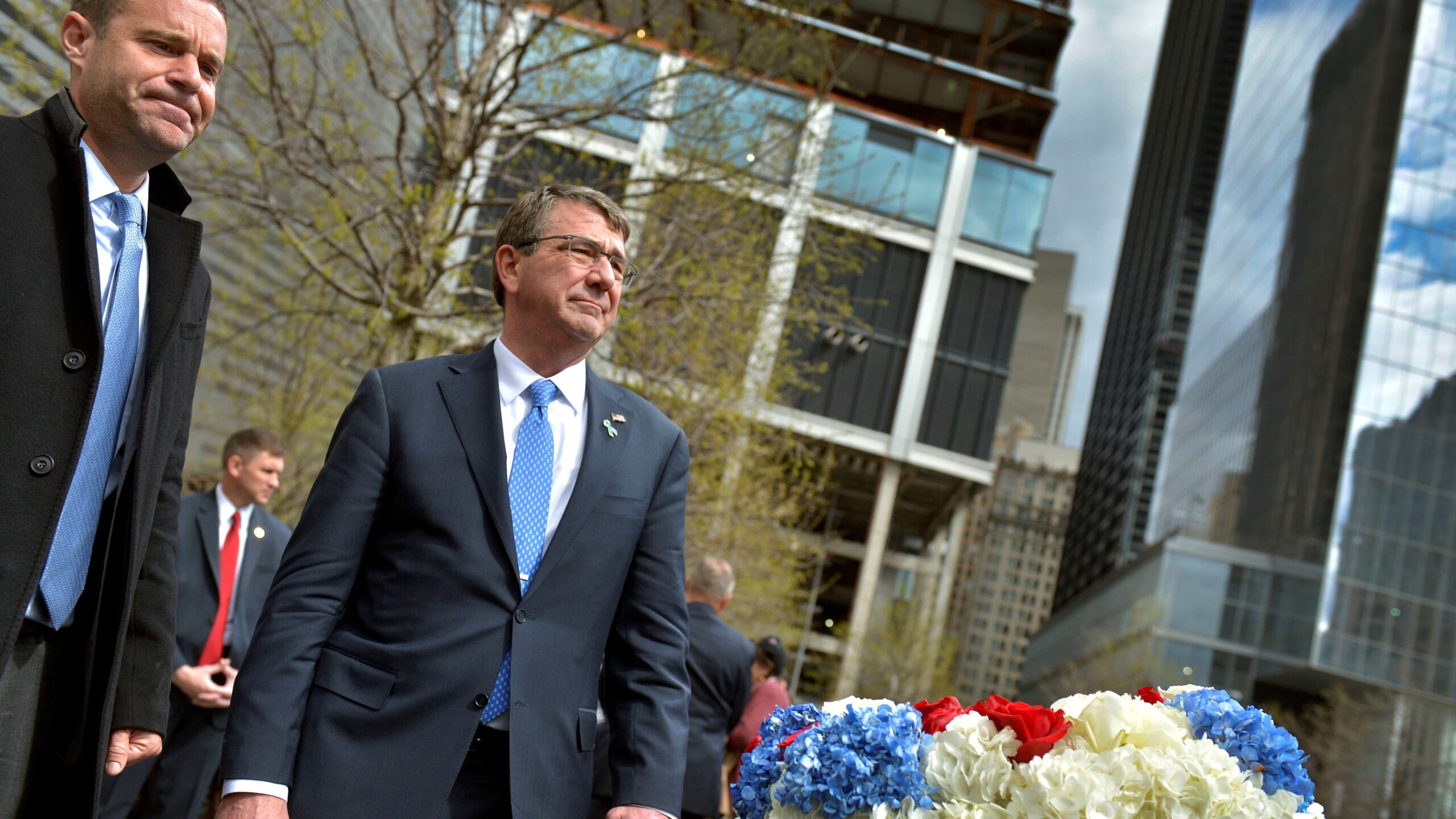

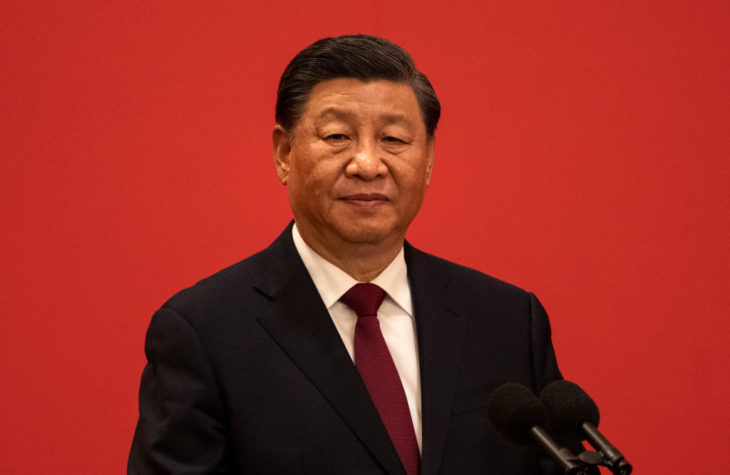

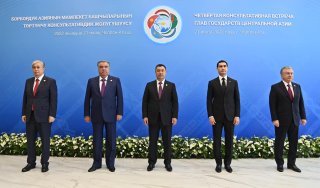
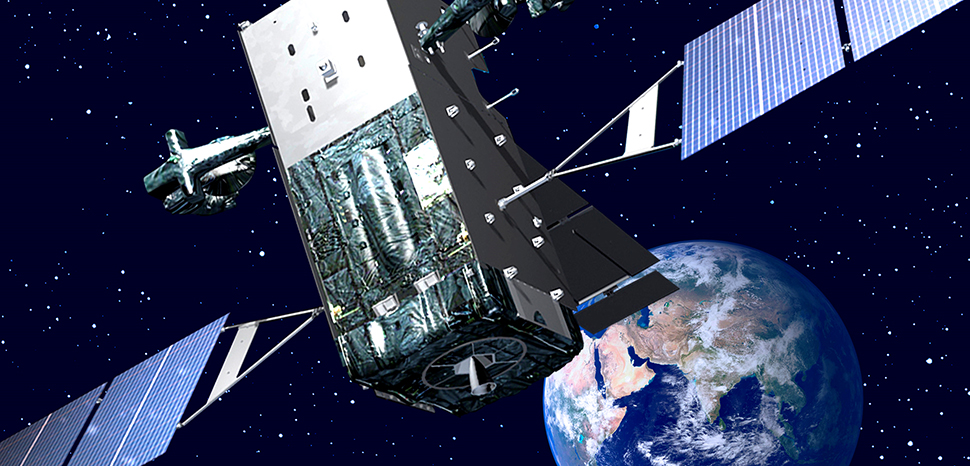

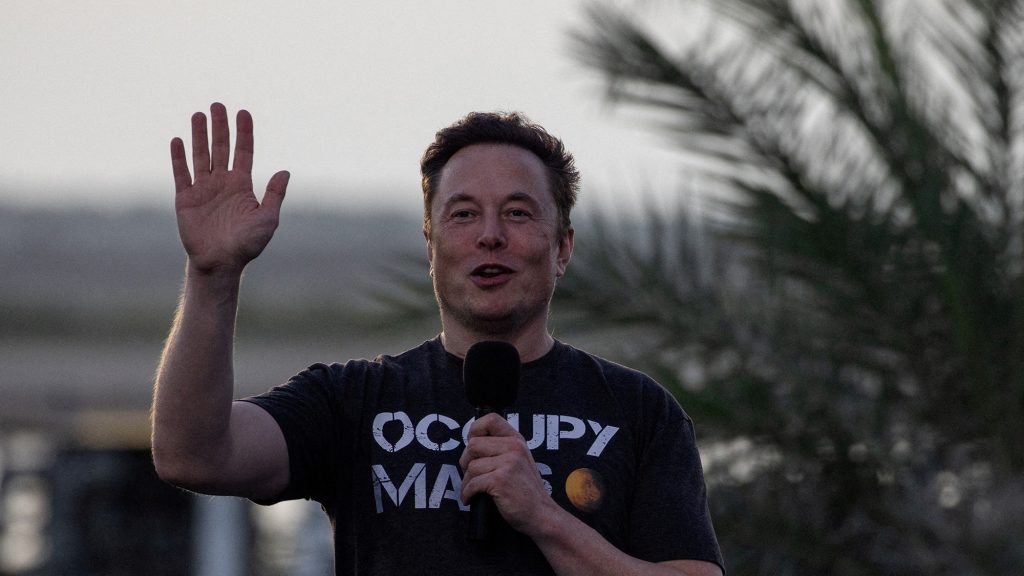

:quality(100):focal(1238x975:1248x985)/cloudfront-us-east-1.images.arcpublishing.com/thesummit/TU3XXFTN2BCAXE752ZT24Z4ASM.jpg)